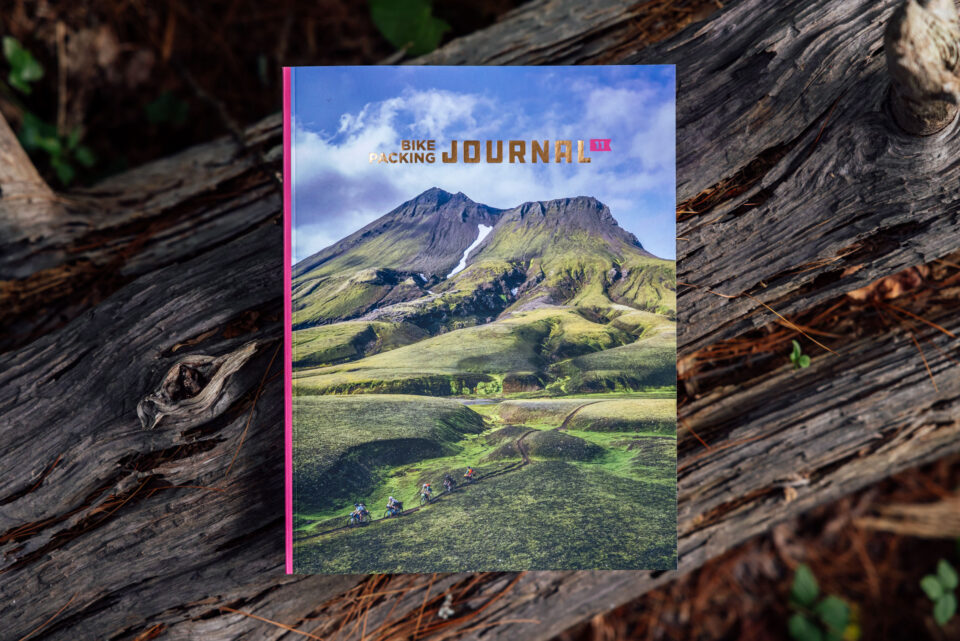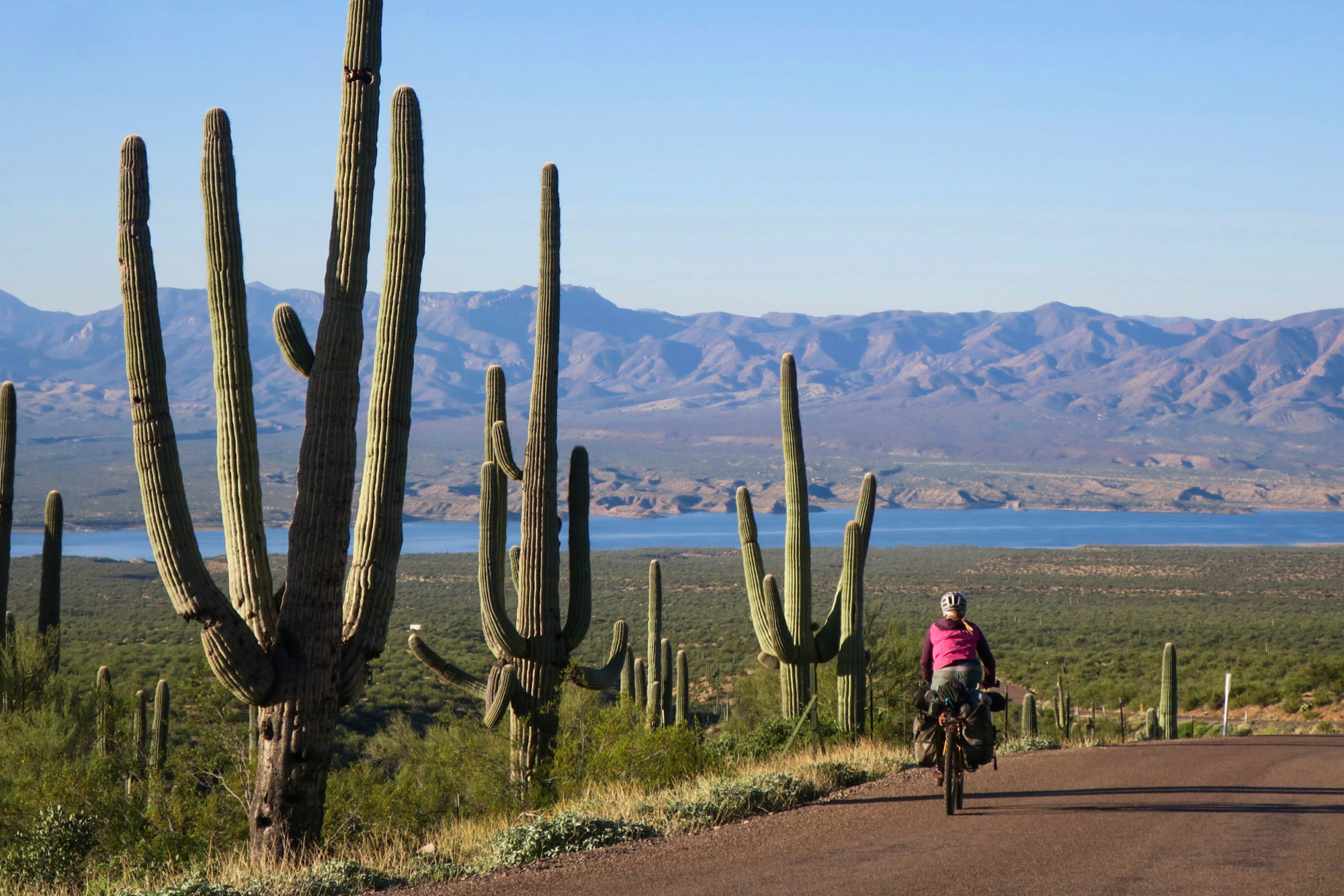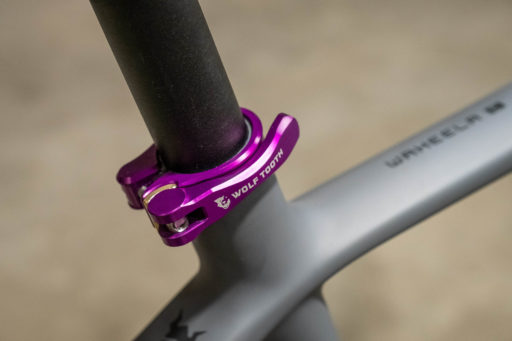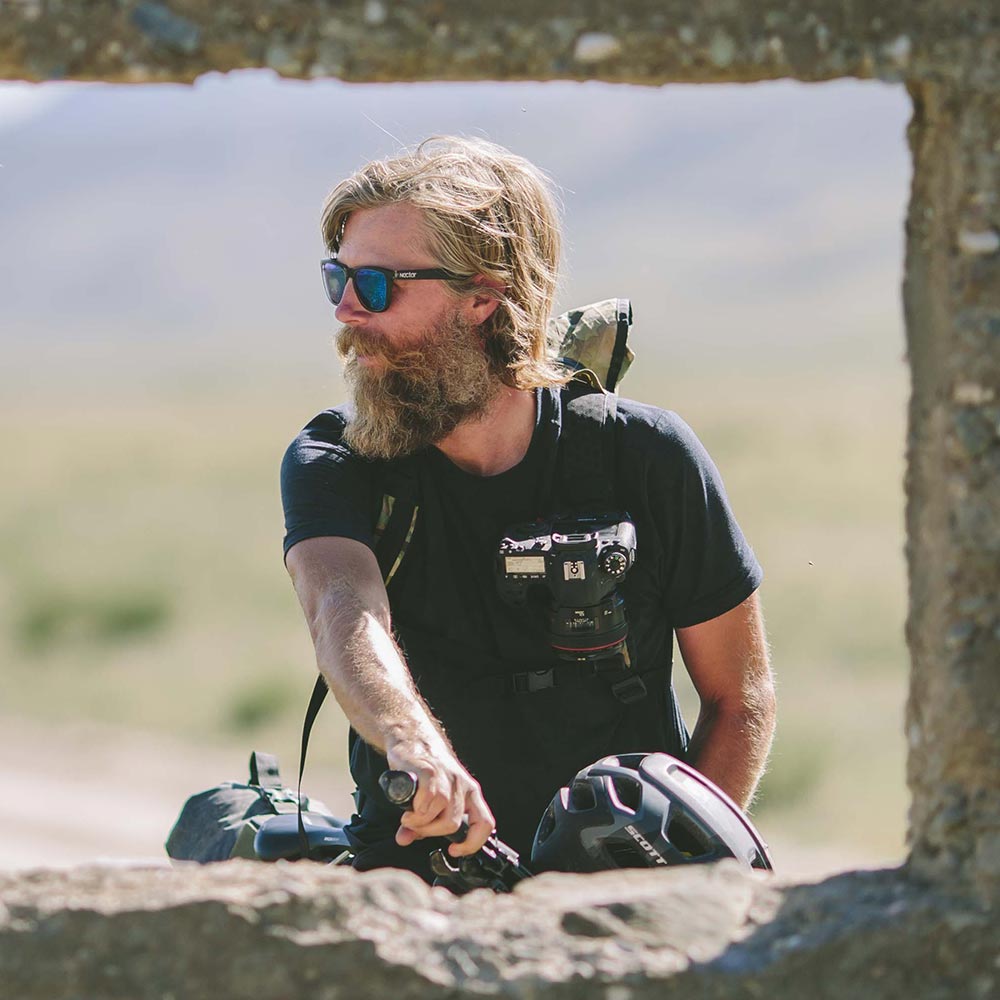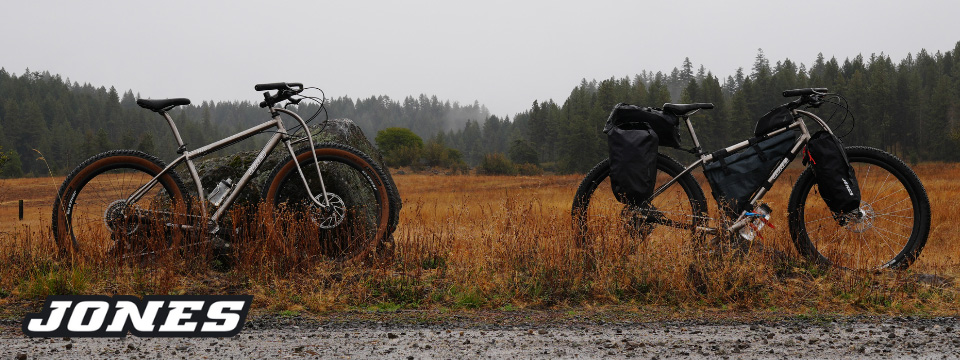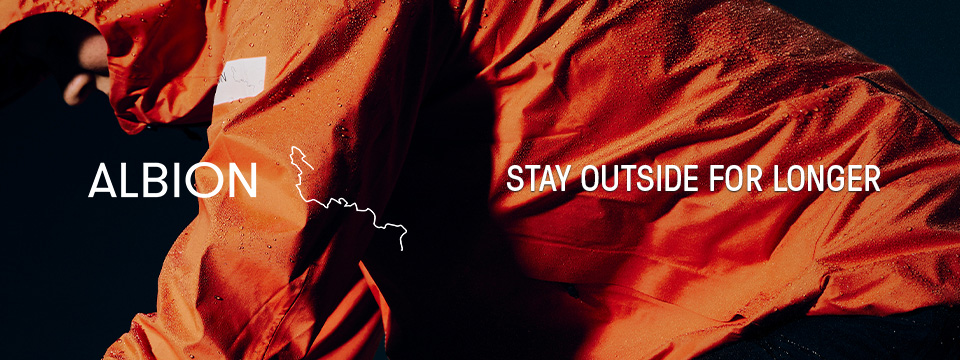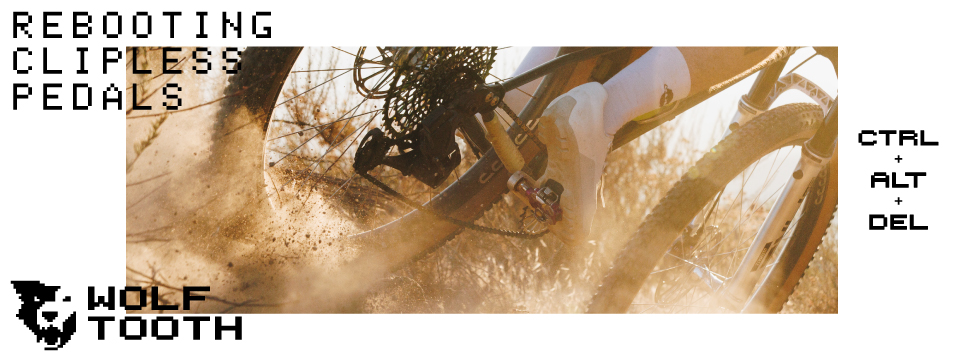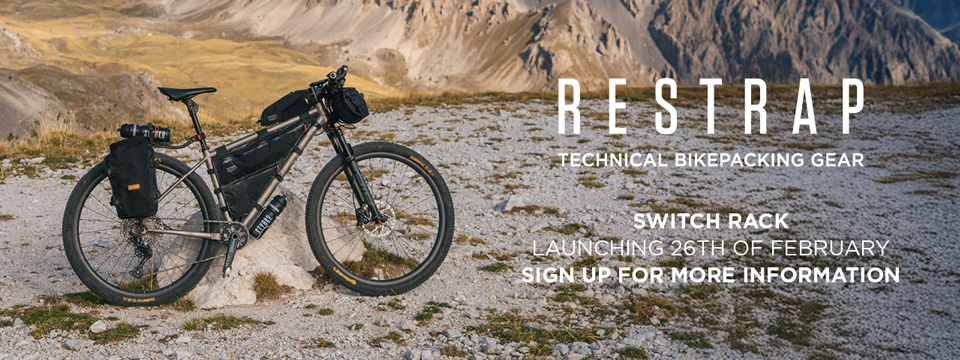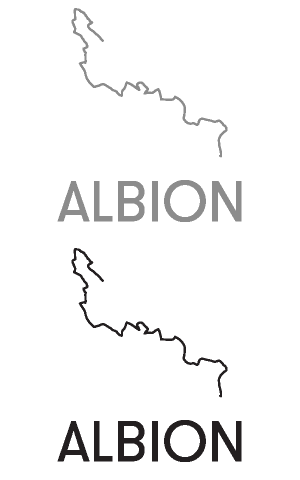The creators of the Wild West Route have officially changed the name to the Western Wildlands Route. Learn more about this important change and read an Indigenous perspective on the need for a new name from Renee Hutchens here…
As of yesterday, the Wild West Route is now officially known as the Western Wildlands Route, and we’ve updated the route in our database to reflect this noteworthy change. To learn more about why it was important for the route’s name to be changed, please take a minute to read the following statement from Bikepacking Roots and Renee Hutchens (@renay.h), a member of the Diné (Navajo) Tribe and advocate for Indigenous representation:
The Wild West Route was created by the Bikepacking Roots non-profit 2017 as part of their mission to advocate “for the landscapes through which we ride.” Indigenous peoples are an integral part of the future, present, and past landscapes throughout the Americas. Kurt Refsnider, Bikepacking Roots’ Executive Director, says, “Thus, as advocates for a healthy, vibrant, and whole Western landscape, it is important to educate ourselves, our members, and the riders of the routes we design in a way that progresses Indigenous liberation from colonial trauma. With that intent, we’re announcing the renaming of the Wild West Route to the Western Wildlands Route.”
The original goal in designing and naming this Canada-to-Mexico bikepacking route was to celebrate the landscape that characterizes the Intermountain West – a landscape that consists of large swaths of public lands, large areas with minimal human development, and a diverse social landscape.
“Unfortunately, in choosing ‘Wild West Route’ for a name, we largely missed our targeted connotation that comes with a name,” Kaitlyn Boyle, Bikepacking Roots’ Program Coordinator explains. “The Wild West in the context of United States history is strewn with a history of violence, forced removal, land theft, colonization, and attempted erasure of Indigenous existence. Thus, we now recognize that rather than inspire an appreciation of the Western landscape, the name ‘Wild West Route’ is inspiring backwards progress in decolonizing and undoing Indigenous erasure.”
Renee Hutchens, a member of the Diné (Navajo) Tribe, reached out to us and shared her perspective on why the name of this route needed to be changed. “This route was set out to be about experiencing the land through bikepacking,” says Hutchens. “But the fact is, words that are rooted in colonialism can make their way into the everyday language and how we think. Wild West shows were performed across North America and Europe from the late 1800s into the 20th century and dramatized Indian attacks on stagecoaches and cabins. One of the most popular was Buffalo Bill’s ‘Wild West Show’ where Native peoples were put on stage for show to enact mock battles, and the ‘savage Indian’ character was popularized while audiences watched. These shows, and related influences, inspired filmmakers to produce Western movies that romanticized the story about how the West was won. The truth is the West was actually ‘won’ through violence, forced removal, and genocide of Indigenous peoples.”
Hutchen’s lengthier, valuable, and powerful perspective is shared below – we encourage everyone to take the time to read and reflect upon it.
“We apologize for any harmful impact and trauma that the former name has caused, “ says Boyle. “Bikepacking Roots is committed to seeking the input and voices of Indigenous peoples in the future as we name our work, write about landscapes, and advocate for lands.”
The new name, the Western Wildlands Route, is intended to inspire an appreciation of the entire landscape that comprises the Intermountain West, including the Indigenous stories, peoples and perspectives that shape the future, present, and past of the lands upon which we ride. And we all need to recognize that “wild” places need not be characterized by the absence of people – Indigenous groups have lived in harmony with and as stewards of these lands for thousands of years.
An Indigenous Perspective on the “Wild West” from Renee Hutchens
When I first read the name, the “Wild West Route” my mind went numb as I paused. This pause was so long it felt like I couldn’t move through it. I could not even finish reading the sentence or context within which it was written. In fact, I didn’t care to because whatever it was about, I wanted nothing to do with it. This is why words matter. Reading these words felt like trying to move through trauma on top of historical trauma. I immediately knew it was important to bring my experience and perspective to the attention of the Bikepacking Roots leadership. I remember saying, “as the name stands right now, I will never ride that route.” In the meantime, while I didn’t care to ride the route, others went on riding the route. I knew because I kept reading stories on social media tagged with the hashtag and stories in media outlets that celebrated bikepacker’s experience on the Wild West Route. What stood out to me in these unfolding stories was a deeply rooted colonial narrative. It became apparent that these stories reinforced narratives that continue the legacy of colonialism and remove Indigenous peoples’ voices in the discourse of bikepacking.
Wild West shows were performed across North America and Europe from the late 1800s into the 20th century and dramatized Indian attacks on stagecoaches and cabins. One of the most popular was Buffalo Bill’s ‘Wild West Show’ where Native peoples were put on stage for show to enact mock battles, and the ‘savage Indian’ character was popularized while audiences watched. These shows, and related influences, inspired filmmakers to produce Western movies that romanticized the story about how the West was won. The truth is the West was actually “won” through violence, forced removal and genocide of Indigenous peoples. These are the stories that played in my mind in that long pause as I read the words “Wild West Route.” I was deeply grieved to see a route with this name cross 100+ miles of my Navajo homeland. Every story I’ve read since this route was released felt like I was reading a romanticized Hollywood story about “cowboys and Indians,” but it was supposed to be about bikepacking.
Something inside of me wanted to yell, “stop reinforcing colonial narratives on sacred land.” You see, names aren’t always intended to cause harm. This route was set out to be about experiencing the land through bikepacking. But the fact is, words that are rooted in colonialism can make their way into the everyday language and how we think. To prevent harm, words and biases must be critically examined and Indigenous peoples intentionally included or engaged in discussions. It was clear the “Wild West Route” triggered something much deeper beyond some catchy words. This name conveys historical trauma, forced cultural assimilation, and a legacy of colonization that aimed to eradicate Indigenous peoples all together. I grew up near Monument Valley. My grandpa and I would go there often to visit my grandma in her hogan. I would listen to stories as she wove many rugs. I realized from a young age how much this place meant to my Diné people and our culture. People often ask me, “where’s that?” I do my best to give them geographic references and they still look at me puzzled. I finally tell them, “you know the place that appeared in all those western movies?” Immediately they nod their head. It grieves me that a beautiful and powerful place, such as Monument Valley has become narrowed down to an iconic symbol for Western cinema. It’s clear how stories, even Hollywood stories can impact the way we relate and think about the land and the peoples Indigenous to the land.
Names of routes are no different because words are what make up the power of narratives that impact our relationships to anything, anyone, or any place. I want to challenge the cycling industry to do better and be more intentional when it comes to names or words used in routes, cycling events, marketing slogans, and products. Words are powerful because they can either perpetuate Indigenous erasure or promote inclusivity of Indigenous peoples and their experiences. Unsure at first where my conversations would end up about the problematic name of the “Wild West Route,” I am glad to say they eventually led to more productive conversations, and the decision to change the name of the route.
Note: We have disabled comments on this post because we think listening is the most important thing we can do right now.
FILED IN (CATEGORIES & TAGS)
Dispatch
Please keep the conversation civil, constructive, and inclusive, or your comment will be removed.
Comments are closed



